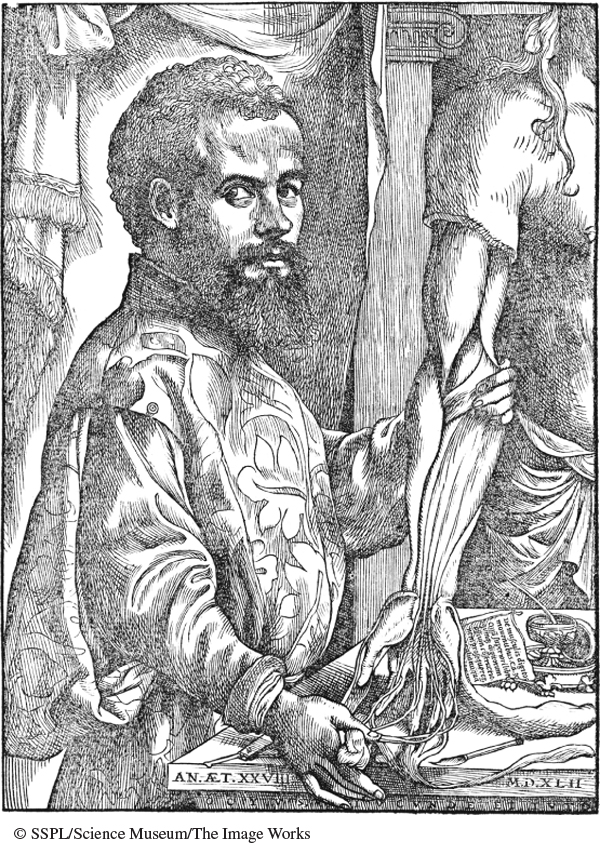A History of Western Society AP®: Printed Page 464-e
CONCEPT 2.3
Reason, Progress, and the Emotions

In the seventeenth century fundamentally new ways of understanding the natural world emerged, as natural philosophers performed experiments and applied sophisticated mathematics in their search for precise knowledge of the physical world. In the eighteenth century philosophers extended the use of reason from the study of nature to the study of human society. They sought to bring the light of reason to bear on the darkness of prejudice, outmoded traditions, and ignorance, challenging traditional values, which were also being challenged by Europe’s increased contacts with the wider world. Self-
At the same time, some people used their new understanding of nature and reason to proclaim their own superiority, thus rationalizing such attitudes as racism and sexism. A series of new institutions and practices encouraged the spread of enlightened ideas, including the increased production and consumption of books, conversational spaces such as salons and coffeehouses, and newspapers, all of which played a role in the creation of a “public sphere,” an idealized intellectual space in which the public came together to discuss important issues. Enlightenment ideals of progress, freedom, and the individual were applied to the economy by thinkers who advocated free trade and competition in what became known as economic liberalism, and to politics by thinkers who argued that sovereignty lies in the people, or at least the people who own property. Some Enlightenment thinkers challenged organized religion and Christian theology, and argued for religious toleration, a policy adopted by several European countries toward the end of the eighteenth century. For most people, however, religious faith remained important, and there were vigorous religious renewal movements in both Protestant and Catholic lands that emphasized the importance of the emotions, moral living, and individual piety. In the early nineteenth century some writers, artists, and composers also broke with the Enlightenment emphasis on reason to create Romanticism, a movement characterized by emotional exuberance, unrestrained imagination, and a fascination with nature and the exotic. (Pages 513–